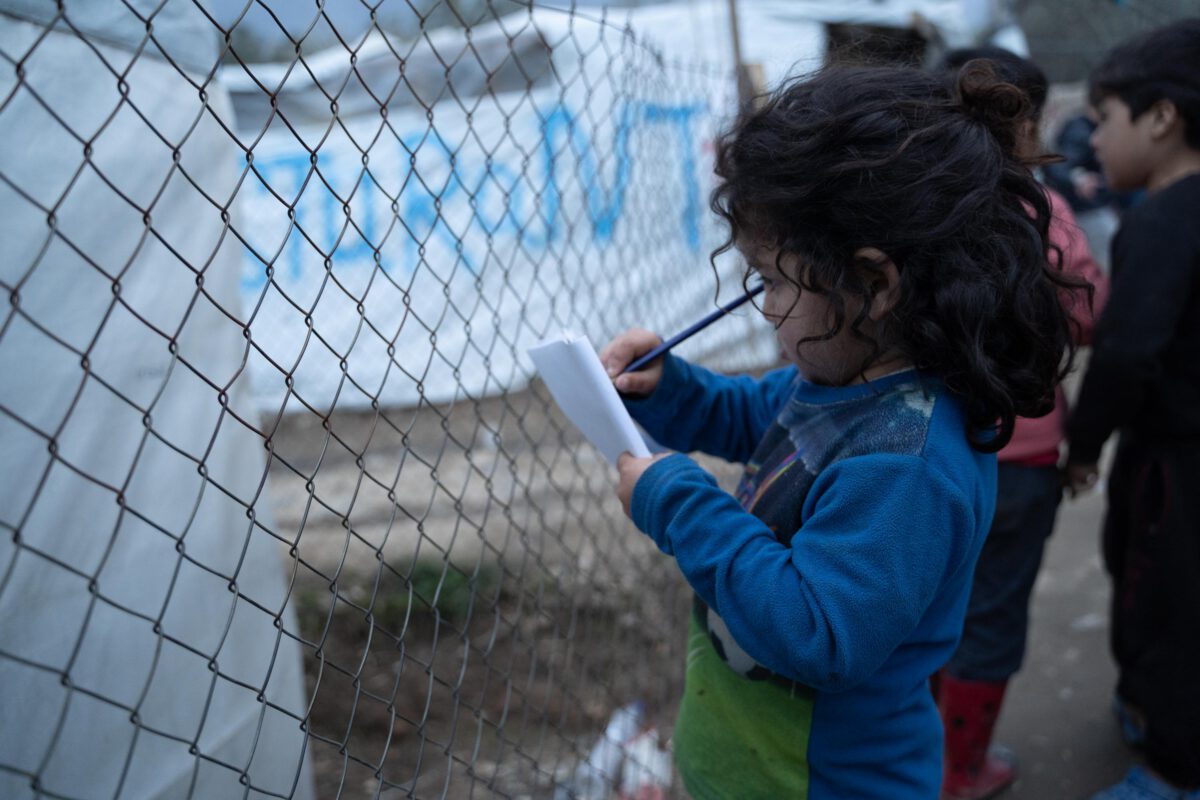Inquiry about the "temporary" camp Mavrovouni on Lesbos

Refugees are no longer allowed to simply leave the new Moria on Lesbos. I have asked the Commission questions about these conditions.
The Commissioner writes in her answer to my parliamentary question asking about push-backs at the Greek-Turkish maritime border and the role of the EU border and coast guard Frontex: „An effective and well-functioning Agency for the management of external borders, which guarantees the protection of fundamental rights in the exercise of its functions, is one of the Commission's priorities.„
And yet the Commission, Frontex and EU Member States are doing their utmost to avoid any responsibility for the systematic and serious violations of fundamental rights that put asylum seekers at risk every day.
Here you can find the complete request on the homepage of the European Parliament.
I put the following question to the EU Commission on 1 February:
Subject: Living conditions in the "temporary" Mavrovouni camp on Lesbos.
Since the beginning of November, refugees have not been allowed to leave the new Kara Tepe (Mavrovouni) camp on Lesvos, except for particularly important appointments. This is justified by the need to prevent the spread of COVID-19. The people seeking protection are now de facto locked up.
After a visit on 28/11/2020, Minister Mitarakis declared the measures to winterize the camp complete, although the living conditions are still completely inadequate.
The camp is located on a disused firing range, so there are serious grounds for suspecting that the site is contaminated with lead. The Commission is apparently relying here on the unconfirmed information provided by the Greek authorities, who have still not been able to provide independent laboratory tests of the soil three months after the camp was opened. In addition, the Greek Government refers to the new camps as 'closed controlled structures', and journalists have been banned from entering the camp for months.
(1) Does the Commission consider the condition of a camp in which there are only exceptional exit possibilities to be a closed camp or a detention centre?
2. how the Commission justifies the failure to comply with the reception directive at the camp, and what measures have been taken to prevent health risks at the firing range?
3. how the Commission ensures that EU funds are not used for closed camps?
Answer given by Commissioner Ylva Johansson on behalf of the European Commission on 19.4.2021:
In the context of the COVID 19 pandemic, the Greek authorities have adopted restrictive public health measures that apply nationwide and include the reception centres. Residents of reception and accommodation centres are only allowed to enter and leave them for specific reasons. These reasons include meeting basic needs or ongoing asylum procedures.
Progress is being made in the work carried out with the support of the Commission's Task Force on Migration Management to improve the reception conditions at the Mavrovouni Temporary Reception and Identification Centre (RIC). The Hellenic Survey of Geology and Mineral Exploration took soil samples and tested them for lead contamination in order to verify that the accommodation in this Reception and Identification Centre is not dangerous. The results and details of the investigations are publicly available. Of the 12 soil samples taken, one sample, taken near an administrative area, was above the limit. The Greek authorities have fenced off the area, applied new soil, poured a concrete foundation in the administrative area and applied an additional metre of soil over the entire area. A new inspection will be carried out once the work has been completed.
The new centre on Lesvos will be a multi-functional centre with technical arrangements allowing residents to enter and leave the centre with access cards.